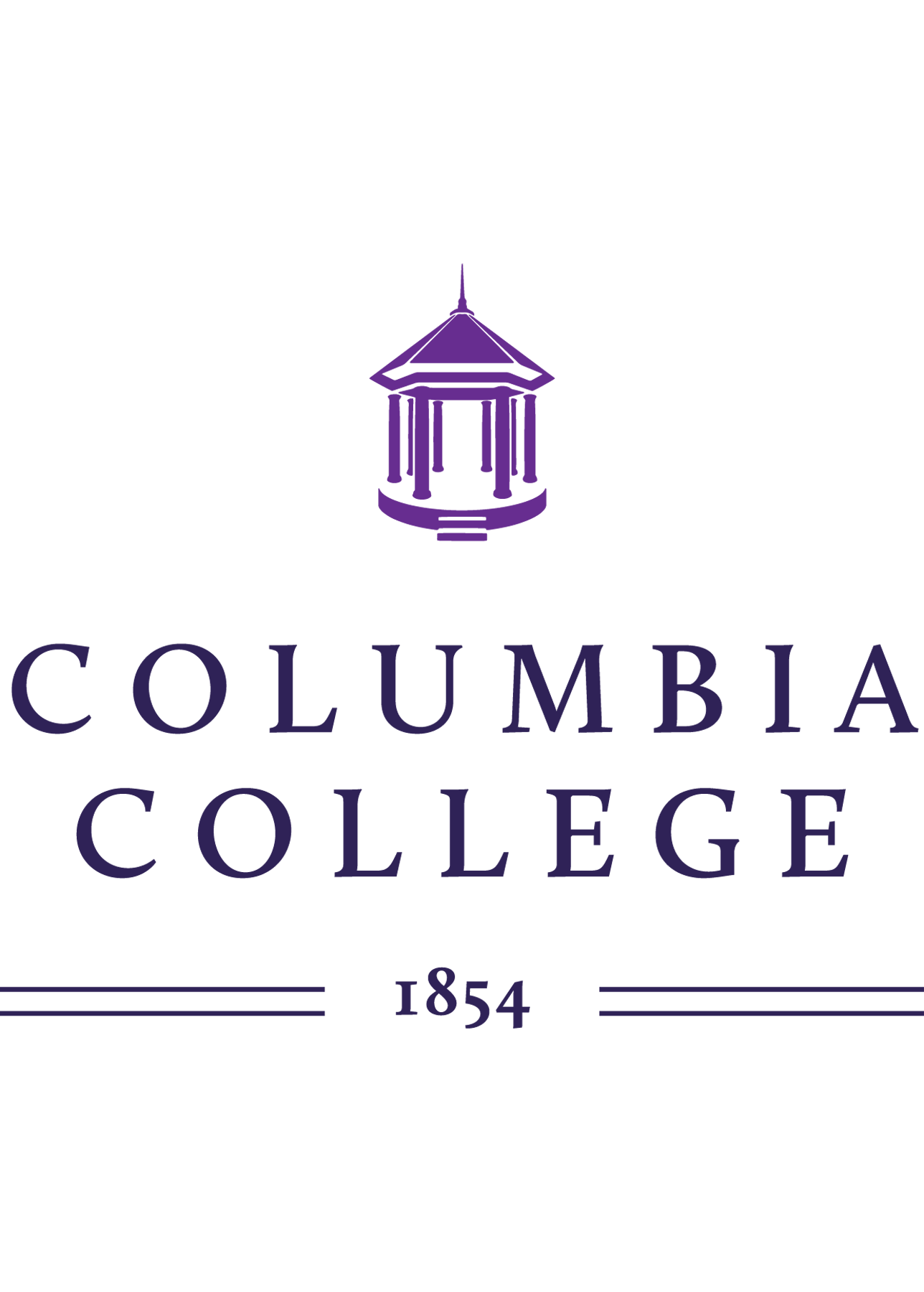The Best Online Master’s in Higher Education Programs
Jump to this section:
Overview
An online master’s in higher education equips students with the theoretical grounding and practical skills needed to work in administrative and student support roles across colleges and universities. Unlike faculty-focused graduate programs, this degree prepares professionals for the operational, leadership, and service-oriented positions that keep campuses running — from enrollment management and student affairs to advising, housing, athletics, and financial aid.
According to the Bureau of Labor Statistics, postsecondary education administrators earn a median annual salary of $103,960. Most online programs require 27 to 36 credits and can be completed in 18 to 24 months for full-time students. The National Center for Education Statistics reports that average graduate tuition is $23,654, making this a strategic investment for those seeking advancement within higher education settings.
Why Students Trust Our Research
The OnlineMasters.com research team is dedicated to delivering independent, data-driven evaluations of online graduate programs, using trusted sources such as the U.S. Department of Education’s College Scorecard and the National Center for Education Statistics. Our rankings and guides are developed without editorial or partner influence and are continually reviewed by academic advisors and subject-matter experts to ensure accuracy and relevance.
- Evaluated more than 2,000 accredited, nonprofit colleges and universities nationwide
- Review and refresh 250+ ranking pages each year
- Use insights drawn from verified data sources, student and faculty feedback, and expert interviews
- Examine over 100 data points on an ongoing basis to maintain accuracy, relevance, and quality
-
How we rank schools
Best 49 Accredited Online Master’s in Higher Education Programs
FiltersInstitution Type
Status
- Online Masters Score
- Alphabetically By University Name
- Acceptance Rate
- Enrollment
- In-state Graduate Tuition
- Out-of-state Graduate Tuition
- In-state Undergraduate Tuition
- Out-of-state Undergraduate Tuition

Messiah University
Online Masters Score: 99.65In-state: $36,340
Out-of-state: $36,340
In-state: $12,780
Out-of-state: $12,780
SAT: 1080-1310
ACT: 23-29
$800
Hybrid
Middle States Commission on Higher Education
36

University of Louisville
Online Masters Score: 98.82In-state: $11,966
Out-of-state: $28,312
In-state: $13,260
Out-of-state: $13,260
SAT: 1050-1270
ACT: 21-28
$850
Online, On-Campus
Southern Association of Colleges and Schools Commission on Colleges
30

Marywood University
Online Masters Score: 98.56In-state: $35,178
Out-of-state: $35,178
In-state: $9,888
Out-of-state: $9,888
SAT: 1000-1180
ACT: 22-26
$538
Online
Middle States Commission on Higher Education
36

Georgia Southern University
Online Masters Score: 97.65In-state: $4,371
Out-of-state: $15,425
In-state: $4,986
Out-of-state: $4,986
SAT: 993-1170
ACT: 18-24
$284
Online, On-Campus
Southern Association of Colleges and Schools Commission on Colleges
36

Valdosta State University
Online Masters Score: 96.9In-state: $4,371
Out-of-state: $15,426
In-state: $4,572
Out-of-state: $4,572
SAT: 990-1140
ACT: 19-23
$300
Online
Southern Association of Colleges and Schools Commission on Colleges
36

Stony Brook University
Online Masters Score: 96.13In-state: $7,070
Out-of-state: $24,740
In-state: $11,310
Out-of-state: $11,310
SAT: 1230-1440
ACT: 26-32
In-State: $471
Out-of-State: $565
Online, On-Campus, Hybrid
Middle States Commission on Higher Education
36

Purdue University Global
Online Masters Score: 95.75In-state: NA
Out-of-state: NA
In-state: NA
Out-of-state: NA
SAT: NA
ACT: NA
$420
Online
Higher Learning Commission
45

Florida International University
Online Masters Score: 95.15In-state: $4,721
Out-of-state: $16,529
In-state: $8,912
Out-of-state: $8,912
SAT: 1110-1260
ACT: 23-29
$587
Online
Southern Association of Colleges and Schools Commission on Colleges
36

Ohio University
Online Masters Score: 94.03In-state: $27,574
Out-of-state: $38,254
In-state: $18,138
Out-of-state: $18,138
SAT: 1070-1290
ACT: 22-27
$515
Online
Council for the Accreditation of Educator Preparation
30

Louisiana State University
Online Masters Score: 93.66In-state: $8,038
Out-of-state: $8,038
In-state: $9,132
Out-of-state: $9,132
SAT: 1090-1300
ACT: 23-28
$464
Online
Southern Association of Colleges and Schools Commission on Colleges
36

Appalachian State University
Online Masters Score: 93.07In-state: $4,242
Out-of-state: $19,049
In-state: $4,839
Out-of-state: $4,839
SAT: 1070-1240
ACT: 22-27
Resident: $337
Non-Resident: $1,291
Online
Southern Association of Colleges and Schools Commission on Colleges
36

PennState World Campus
Online Masters Score: 92.21In-state: NA
Out-of-state: NA
In-state: NA
Out-of-state: NA
SAT: NA
ACT: NA
$1,037
Online
Middle States Commission on Higher Education
30

Columbia College
Online Masters Score: 91.47In-state: $17,791
Out-of-state: $17,791
In-state: $10,671
Out-of-state: $10,671
SAT: 820-1050
ACT: 17-20
$630
Online
Southern Association of Colleges and Schools Commission on Colleges
30

University of Mississippi
Online Masters Score: 90.91In-state: $8,718
Out-of-state: $24,990
In-state: $8,718
Out-of-state: $8,718
SAT: 1010-1230
ACT: 22-30
Resident: $555
Non-Resident: $1,675
Online
Southern Association of Colleges and Schools Commission on Colleges
30

Boston University
Online Masters Score: 89.9In-state: $56,854
Out-of-state: $56,854
In-state: $56,854
Out-of-state: $56,854
SAT: 1310-1500
ACT: 30-34
$1,092
Online
New England Commission of Higher Education
36

University of Toledo
Online Masters Score: 89.55In-state: $8,736
Out-of-state: $18,096
In-state: $14,398
Out-of-state: $14,398
SAT: 985-1210
ACT: 20-26
$571
Online
Higher Learning Commission
30

University of Missouri
Online Masters Score: 88.79In-state: $9,330
Out-of-state: $27,612
In-state: $9,478
Out-of-state: $9,478
SAT: 1110-1320
ACT: 23-29
$590
Online
Higher Learning Commission
33

Liberty University
Online Masters Score: 88.24In-state: $14,791
Out-of-state: $14,791
In-state: $7,935
Out-of-state: $7,935
SAT: 1040-1250
ACT: 21-29
$430
Online
Southern Association of Colleges and Schools Commission on Colleges
30
How to Choose an Online Master’s in Higher Education Program
1. Choose your area of study
Master’s degrees in higher education are most commonly offered as a Master of Arts (MA), Master of Science (MS), or Master of Education (MEd). While each has a slightly different academic emphasis — MA programs lean toward the social sciences, MS programs emphasize research, and MEd programs focus on applied practice — all three pathways prepare students for leadership roles within colleges and universities.
Many programs also offer concentration options, such as student affairs, enrollment management, academic advising, or executive leadership. If you already have a specific career direction in mind, look for a program whose coursework, specialization tracks, and internship options align with your goals.
2. Research schools and programs
Start by ensuring each school on your list is accredited by a DOE-recognized regional accrediting agency, such as the New England Commission of Higher Education or the Northwest Commission on Colleges and Universities. Regional accreditation is essential for financial aid eligibility, credit transfer, and future employment opportunities.
You may also want to prioritize programs accredited by the Council for the Accreditation of Educator Preparation (CAEP), which evaluates education-focused degrees against rigorous standards.
When comparing programs, consider:
- Student support services available to online learners, such as academic advising, tech support, writing help, tutoring, and mental health resources
- Opportunities for practical experience, such as internships or supervised projects, and whether your current job in higher education can fulfill those requirements
- Faculty qualifications and whether instructors have professional experience in student affairs, administration, or policy
- Networking and professional development resources, including alumni networks or virtual events
To gather more details, visit the school’s website, speak with admissions counselors, attend virtual open houses, or follow the program on social media.
3. Prepare for tests and applications
Admission requirements differ by institution, but most online higher education master’s programs require:
- A bachelor’s degree from an accredited institution
- A minimum 2.75–3.0 GPA
- Evidence of professional or volunteer experience in higher education or a related setting
- Transcripts, letters of recommendation, and a personal statement outlining your goals and interest in the field
Some programs still require GRE scores, while many no longer do — check requirements early so you have time to prepare if the test is needed. International applicants may be required to provide proof of English proficiency and additional documentation to meet visa eligibility requirements.
Before applying, confirm all deadlines and requirements with an admissions counselor.
4. Select your program
If you’re admitted to more than one program, take time to evaluate which option best fits your academic goals, schedule, and preferred learning experience.
Reflect on factors such as:
- Full-time vs. part-time enrollment
- Fully online vs. hybrid format
- Asynchronous vs. synchronous coursework
- Flexibility around your work schedule or family responsibilities
Your chosen program should match both your learning preferences and the level of commitment you can realistically maintain.
5. Determine how you’ll pay for your degree
Graduate financial aid can vary significantly, so it’s best to begin exploring funding options early. Steps to take include:
- Submit the Free Application for Federal Student Aid (FAFSA) to determine eligibility for federal loans and need-based aid
- Researching institutional scholarships, grants, fellowships, or payment plans
- Asking your employer — especially if you work at a college or university — about tuition reimbursement or employee tuition waivers
- Exploring military education benefits if you’re a service member or veteran
For the most accurate information on tuition, fees, and funding opportunities, speak directly with each school’s financial aid office.
What Can You Expect from an Online Master’s in Higher Education Program?
Online master’s in higher education programs are designed for individuals who already have experience working in colleges, universities, or related educational settings. Coursework typically explores student development theory, advising and counseling practices, organizational leadership, and the legal, financial, and policy structures that shape higher education. Students also analyze current trends affecting enrollment, campus operations, and student success initiatives.
Because applied learning is essential in this field, most programs require students to complete a practicum or internship within a higher education office, such as student affairs, residence life, academic advising, financial aid, or admissions. Some programs also include a capstone project, thesis, or comprehensive exam to demonstrate mastery of the curriculum.
Full-time students typically complete the degree in 18 months to two years, while part-time learners may take longer, depending on their course load and internship scheduling. The fully online format enables professionals to continue working while advancing their qualifications for leadership roles across the higher education landscape.
What Can You Do With an Online Master’s in Higher Education?
The demand for skilled higher education professionals continues to grow as colleges and universities expand student support services, improve retention strategies, and adopt new instructional technologies. As online and hybrid learning environments evolve, institutions increasingly rely on administrators, advisors, instructional designers, and technologists who understand both student development and modern educational systems.
An online master’s in higher education prepares graduates for a wide range of campus-based and online roles, from academic advising and enrollment management to instructional coordination and student affairs leadership. Below are several career paths well-suited to this degree, along with current salary and job outlook data from the U.S. Bureau of Labor Statistics (BLS).
| Career Path / Role | Typical Duties | Median Annual Salary* |
|---|---|---|
| Postsecondary Education Administrator | Manage admissions, student services, academic records, and other campus operations. | $103,960 |
| Instructional Coordinator | Develop and evaluate instructional materials, and oversee the implementation of the curriculum. | $74,720 |
| School or Career Counselor | Support students with academic planning, personal development, and career decision-making. | $65,140 |
*These figures reflect U.S. Bureau of Labor Statistics (BLS) data as of the latest available reporting. Actual salaries vary by location, employer, and level of experience.
Online Master’s in Higher Education Frequently Asked Questions
-
Is a master’s in higher education worth it?
-
Do I need experience to enter a master’s program in higher education?
-
Can I finish this online master’s degree while working full-time?
-
What is your methodology for ranking programs?
